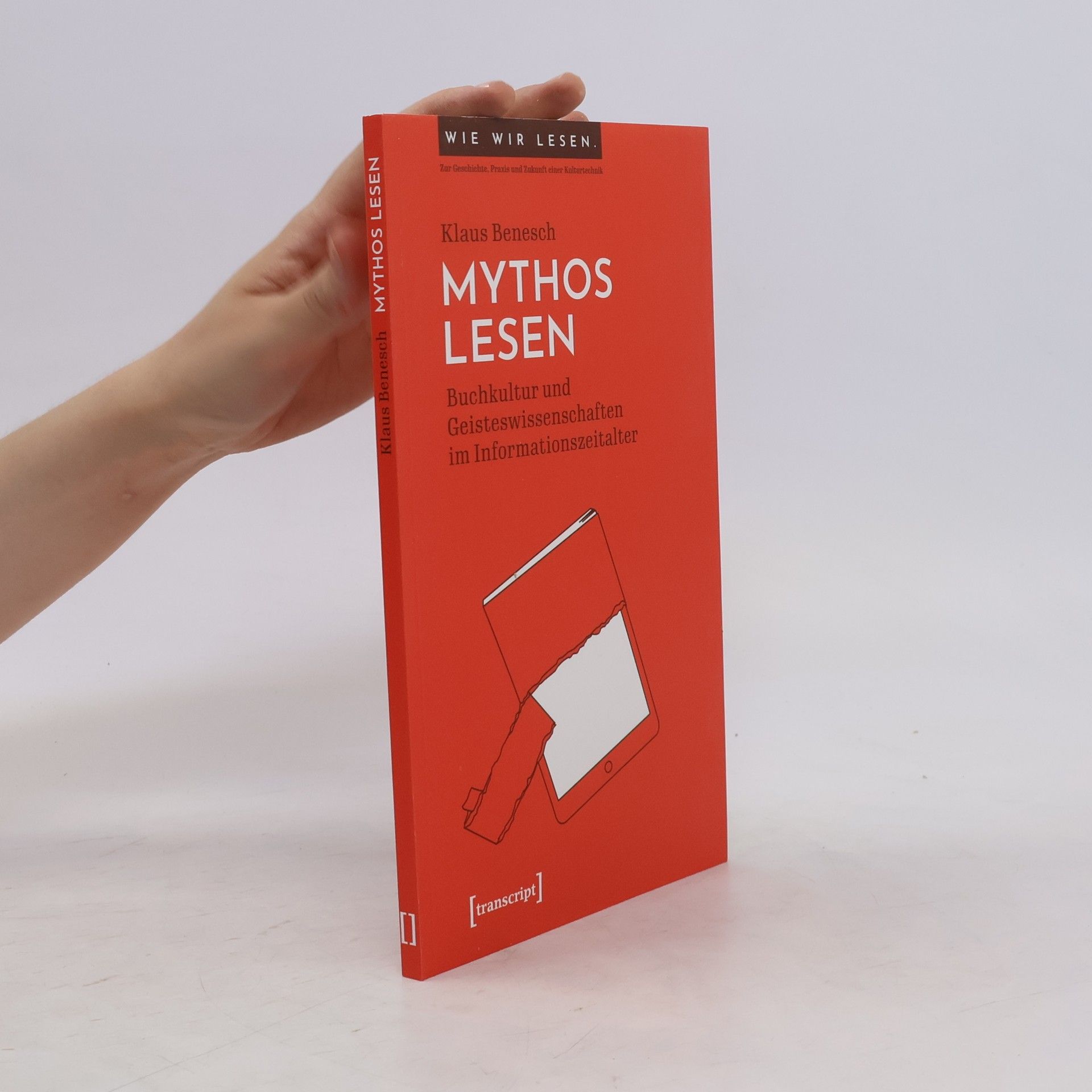Mythos Lesen
Buchkultur und Geisteswissenschaften im Informationszeitalter
"Die Gründe für den rasanten Prestigeverlust von Buchkultur und Geisteswissenschaften sind vielfältig. Niemand weiß, wie die Zukunft des Lesens tatsächlich aussehen wird. Dennoch lassen sich einige Antworten aus den Entwicklungen seit der Jahrtausendwende extrapolieren. Um ein breites Spektrum unterschiedlicher Positionen zu Wort kommen zu lassen, nimmt Klaus Benesch das Thema nicht nur aus Sicht der Leseforschung und der Literaturwissenschaften in den Blick. Das Fragen nach der sich wandelnden Rolle des Lesens und der Geisteswissenschaften im Informationszeitalter verlangt auch nach der Ausweitung der Perspektive in den Bereich der Gesellschafts- und Wissenschaftspolitik." -- Page 4 of cover
